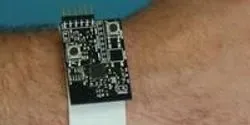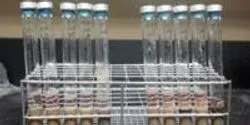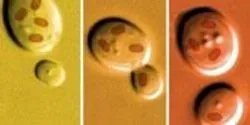Biological Sciences

High resolution X-ray crystallography is an imaging technique in which X-ray beams are shot through purified, crystallized proteins. The beam scatters in different directions, allowing scientists to construct a detailed, 3-D model of the crystallized protein's molecular structure. Measuring the intensities and angles of the diffracted beams reveals the position of each atom in the protein.

Researchers at the University of Montreal have developed an improved chemical analysis method that is more efficient and faster in detecting counterfeit medicines, which have skyrocketed in recent years.

An assistant professor of chemical & biomolecular engineering at Clarkson University is pioneering a new purification process that, if successful, could help millions of people without access to clean water quickly and efficiently purify water to make it safe for drinking and cooking.


















